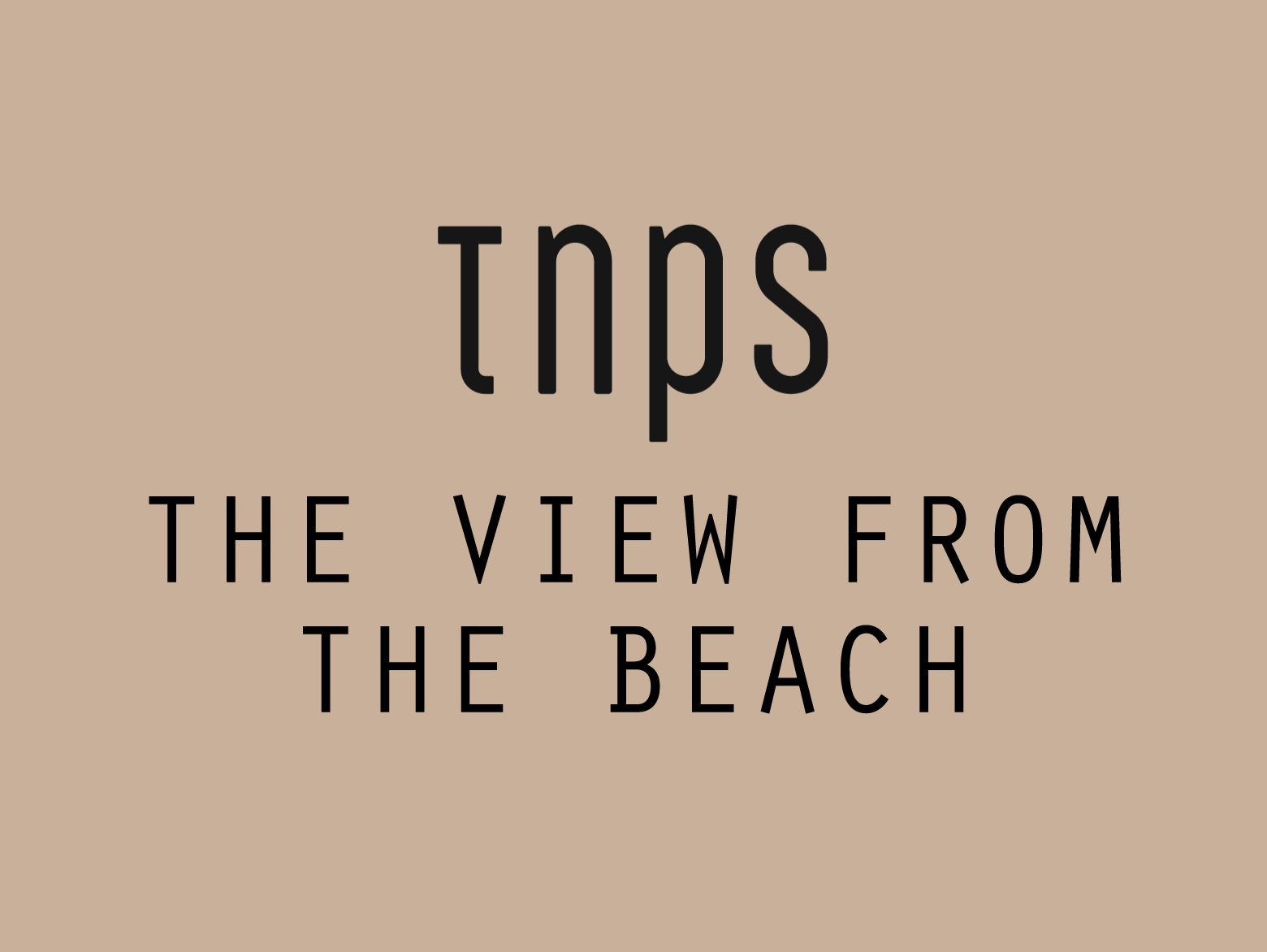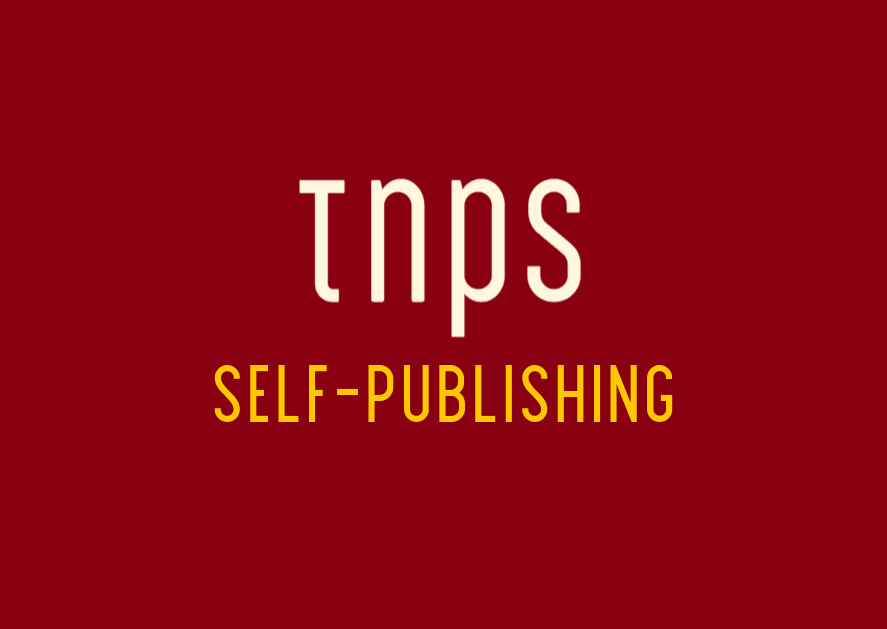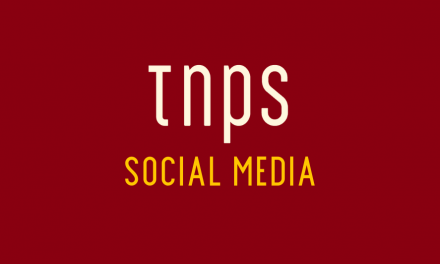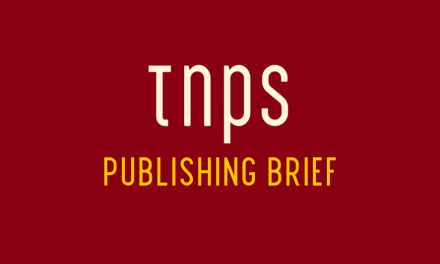Fair pay for writers? I’m sure JK Rowling would be happy to settle for £25 an hour. After all, she has no commuting costs, and can pick and choose the hours she works, and judging from her output lately she probably spends all day on WhatsApp instead of slaving over that next book.
November will mark my fourteenth year as a British expat, and not much has changed since 2010. No water as I write this, internet barely functional (how does 0.55 Mb/s sound to you guys in the First World?) and four power outages already this morning.

The above image just by way of explanation as to why TNPS has been even more haphazard than usual lately.
But watching the UK pre-election coverage from afar, when the internet lets me, is a reminder of how little has changed back in “Blighty”.
If the polls are correct, it looks like we’ll finally see a Labour government shorty, after four different conservative Prime Ministers across fourteen years (one lasting just seven weeks before her own party turned against her), but the Publishers Association, the Authors’ Licensing & Collecting Society, the Writers Guild of Great Britain and other publisher and author advocates are going to be sorely disappointed if they think the next administration, be it Labour or Conservative, is seriously going to improve the lot of authors, publishers and our future industry customers, the UK’s children.
Labour, like its rival party, studiously avoids any meaningful statement of intent on every topic, delivering platitudes and promises with no actual detail to suggest they, any more than the incumbent, have a clue how to resolve matters.
Publishers Association head honcho David Conway himself makes the point that, on AI, publishing’s and creatives’ current demon-du-jour, Labour has actually said nothing at all to meet author’s and publisher’s expectations and demands. But the PA, along with the Authors’ Licensing & Collecting Society (ALCS), are twisting pretzels to try find something positive in the Labour manifesto, just published with three weeks to go before the election.
Labour has promised, don’t laugh, an “expert-led” review of the curriculum and assessment in schools will be carried out to ensure British children have strong literary skills. Labour has declared it will make culture more accessible to young people, and create “good jobs” across the creative sectors. Oh, and of course it intends to regulate AI companies.
Not a single detail of how this might be achieved, but let’s give them a chance. They’ve only had fourteen years in opposition to come up with alternative ideas.
God help us.
But the PA’s Conway is there cheering: “The commitment to implement Labour’s creative industries sector plan, which promised to uphold human creativity and the UK’s copyright regime, is to be strongly applauded, While there’s no more specific detail on AI in the creative industries in the manifesto, we stand ready to ensure that our ongoing work on transparency requirements for AI companies continues.”
Go for it, PA! Stand ready, just in case Labour actually wins, which seems likely with a 20% poll lead right now. But don’t expect to be taken any notice of.
After all, the PA has been regularly shouting out how well the UK publishing sector is doing. It was only last month Conway was telling the world how UK publishing was at an all time high, with revenue topping £7 billion for the first time (inflation is a wonderful thing!). So pleading with the current or next government for more support for the industry comes across as plain greedy, something someone of Conway’s background in public policy ought to have realised.
And of course for all the nonsense talked about how AI is destroying our industry and putting authors out of work and violating copyright law, no court has ruled this to be true, and no jobs have been shown to be lost to AI.
The ALCS, of course, while loving the idea of AI being regulated, has stated this past week that the manifesto “does not acknowledge the significant potential for AI to harm creators’ interests, and the need to protect their intellectual property”.
Note the words “significant potential harm“, which was probably the same line used by the Horse-Drawn Carriage Union when mechanical cars first appeared on our roads. And I’m pretty sure the Typewriter Factory Workers Union said the same about word processors.
Those of us who know our British education history, or are old enough to remember in real time, will be familiar with the outcry when pocket calculators replaced slide-rules in the classroom, and that dreadful moment when the then Conservative government suggested we should use computers in the classroom!
The outcry was deafening. The Luddites were up in arms, defending civilisation against the barbarians at the gate.
In every instance of technological progress there will be vested interests in the status quo declaring the end of the world is nigh. Some things never change.
The PA, the ALCS and the Writers Guild of Great Britain all have staked their claim to be the soothsayer that stood for common sense against progress, and we see that in the on-going debate about AI in the publishing industry, where lip-service is quietly paid to what good AI might bring, while megaphones shout out the “significant potential harm” AI will do, while never quite managing to cite an example of this actually happening.
These are matters covered here at TNPS often, as is the issue of literacy in education, so it was amusing, in a depressing sort of way, to see the PA’s Conway say, “Our leading children’s and education publishers can play a key role in delivering Labour’s promised improvements in early-years education, the curriculum review, and reform of assessment.”
Can? Yes. Will? Probably not.
These will of course be the exact same “leading children’s and education publishers” who played “a key role in delivering” the current government’s failed policies of the past fourteen years that have seen children lose interest in reading for pleasure, while education standard’s plummeted.
All because of a misguided obsession with a system of teaching synthetic phonics that emphasised the need to pass phonics diagnostics test at the expense of actually reading and enjoying books.
From the official UK government website:
“The phonics screening check was first introduced in 2012 when only 58% met the expected standard. Since 2012, there has been a 21% point increase in attainment in the check, highlighting the government’s commitment to raising standards across the board.”
That is to say, in 2012 phonics was only a sideline in the teaching of English, so when we introduced a new test only 58% passed, because that was not considered a priority. Then we cleverly stopped measuring how well children could actually read, and instead measured how well they could pass a meaningless phonics test that would make the government look like it knew what it was doing.
Prior to phonics being introduced, infant and primary school kids were encouraged to read for pleasure, and only had this knocked out of them as teenagers when they were forced to read the classics in class and reading became an exam-passing exercise. Nowadays, even learning the sounds of the alphabet is an exam-passing exercise.

Just this month a UK-wide study from Renaissance reveals a 4.4% decrease in the number of books read by pupils year-on-year. As summarised by Carla Herbertson on LinkedIn, “A decline in reading hits Year 9s, with secondary school pupils reading at the same level as primary pupils” (Year 1-6).
No wonder that in 2022 the University College London’s Institute of Education concluded in a comprehensive landmark study that phonics teaching in British schools was “failing children“.
Unsurprisingly, the commercial phonics companies that make millions from dragging down education standards by treating children like idiots and telling them words like “me” and “by” and even “I” are “tricky words“, rolled out their heavily-financed big guns to explain how more and more children are passing their meaningless phonics-diagnostics tests. And of course the incumbent government, which introduced this BS into the classroom, totally ignored the UCL’s rebuke to its policies.
No less surprisingly, the UCL report was also ignored by the opposition that looks likely to form the next government in July.
And so, of course, was it ignored by the UK publishers who make a mint out of publishing this phonics nonsense, without a thought for the long-term consequences for their own industry, let alone what is right for the nation.
Who cares what we publish, so long as we make money? Erich von Daniken, anyone? Chariots of the Gods made the author and publisher plenty of money, but it was fiction dressed up as fact, and publishers dealt it out to an unsuspecting public without once mentioning that none of this crap was actually true.
Atlantis? The Bermuda Triangle? Bigfoot? Aliens? Conspiracy theories? Of course, entertainment is fine. And Chariots of the Gods was nothing if not entertaining. But sometimes pseudo-science and pseudo-education can be harmful, as we see with the damage being caused by synthetic phonics.
That’s not to criticise all publishers, and many children’s publishers do a fantastic job bringing topics to life for children. But if our children are losing interest in reading because they have had the pleasure of reading denied them by government-enforced literacy strategies that the likely next government showed no sign of criticising while in opposition, then our industry and country will pay the price.
As I remarked in comments to Carla’s post:
“Those of us in the publishing industry, dependent on the next generation being as avid readers as we are, need to ask ourselves this : How were we taught to read, that created our obvious love of all things book? It certainly wasn’t by doing chimpanzee impressions while learning 42 phonemes, singing “ants on my arm“, “decoding” (don’t laugh) easy three letter words, and pretending that simple words like “I”, “me”, “we”, “go”, “to” and “the” are “tricky words”.
But enough of phonics. Let’s move on to that delightfully sound-bite-friendly notion of fair pay for writers, which ALCS deputy chief executive Richard Combes raises in response to the labour manifesto, and of course the Writers Guild never stops harping on about.
Said Combes: “We are calling on the next government to champion our world-class writers and other creators by guaranteeing fair remuneration, representation and rights.”
The Writers Guild published an entire manifesto in which “fair pay” was demanded, but somehow thy forgot to explain what fair pay might actually consist of, and how it might be implemented without being grossly unfair to writers.
But here’s a thought: The official UK minimum wage is now £11.44 ($14.50) per hour. That equates to £457.64 ($580) for a 40-hour working week, or £1,830 ($2,320) monthly.
Is that a fair wage for a novelist? Ask any wannabe or first-time novelist. They all know their book is going to sell millions, and they want a big chunk of that up front as an advance. My time is worth more than £11.44 an hour! I’ve got coffee to make, emails to write, WhatsApp and Facebook to check, and then there’s my thinking time, my writers-block time, my re-writing the last sentence thirty-two times time. My time is worth more than the minimum wage. And someone should pay me for my efforts!
So how about doubling that rate? Let’s say a novelist should be paid, rounding in their favour, £25 an hour. Would that be a fair wage for a book author, Writers Guild?
I’m sure JK Rowling would be happy to settle for £25 an hour. After all, she has no commuting costs, and can pick and choose the hours she works, and judging from her output lately she probably spends all day on WhatsApp instead of slaving over that next book.
But one guestimate put Rowling’s earnings at around £100 per word, while another puts Rowling’s hourly earnings at £8,480, and that’s 24/7. not forty hours a week.
On the other hand, there are authors who don’t earn out their advance, and authors who sell in handfuls each month but that money comes in over years. And of course authors whose works are rejected by every agent and publishers on the planet, and when self-published are rejected by readers,.
So how are we to determine fair pay for writers?
What’s all-important here, and what makes the demand for “fair pay” so nonsensical, is that each writer writes at their own pace. Each writer delivers their own quality of product, which the market may or may not like or want.
Writers are not factory workers or coffee-bar baristas. And we would not settle for being paid in that way. The barista gets paid a set wage each week regardless of whether she or he makes 20 coffees a day or 200. And at the end of the week their job is done, they pocket their wage and go home. If they want paying the following week they have to go back to work and do it all over again.
The successful book author will be earning off that book for years, possibly decades, to come. The unsuccessful author will have worked to write that book for nothing.
So what is a publisher to do? Pay a writer a weekly wage to write a book that may never sell a single copy? That may not even be publishable? That they might not even finish?
That would be crazy. And what happens if, say a year down the road, the book is finished, per the write-this-book contract, and is selling well? Why should the publisher continue to pay the author now they have stopped working? The author has been paid a “fair wage.” Surely any further monies that come in are now the publisher’s reward to risk. The author risked nothing by writing the book, because they got paid every week.
And who would these publishers choose to employ as writers? What qualifications does the average author have that would justify a salary from a publisher? Does a degree in economics or a City & Guilds in electrical installations tell us anything about how well an author can write a novel? Of course not.
JK Rowling apparently has a French and Classics degree, but that had no bearing on her author success. John Grisham on the other hand was a qualified lawyer, and that shows throughout most of his work. But most lawyers do not write bestselling novels. Nor do most graduates with degrees in French or Classics.
But qualifications are neither here nor there for most authors. And how long it takes the author to write that book is neither here nor there. What matters is if readers will be willing to hand over hard cash to read what the authors write.
If readers are willing to do that in sufficient numbers, the author will be rewarded accordingly. And as we all know, that can mean a earnings beyond the wildest dreams of anyone with a regular waged or salaried job.
How is that fair on the authors who spend their waking moments slaving over their manuscript only to have the agent or publisher tell them not to give up the day job? Or their book doesn’t earn out the advance, or bombs in the bookstore?
Fairness? We’re writers. Fair pay doesn’t come into it. And the last thing we need in a government-imposed wage structure for creatives.
Be careful what we wish for!





